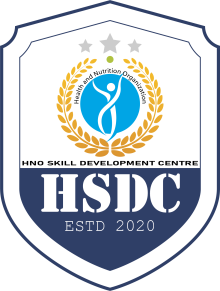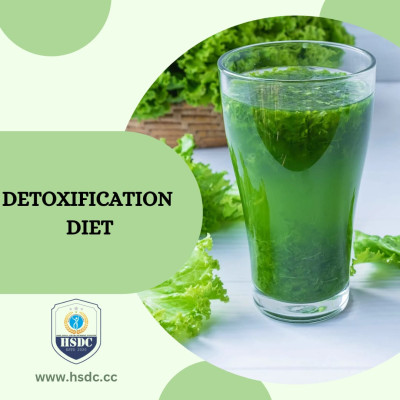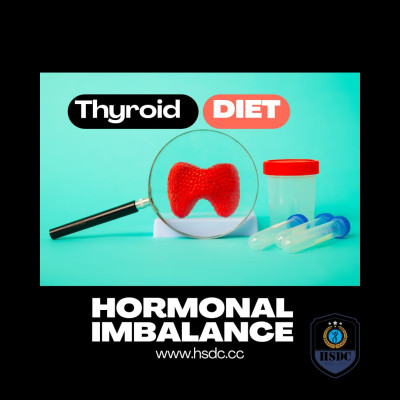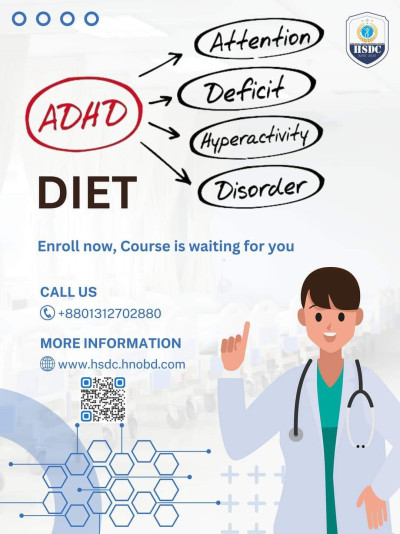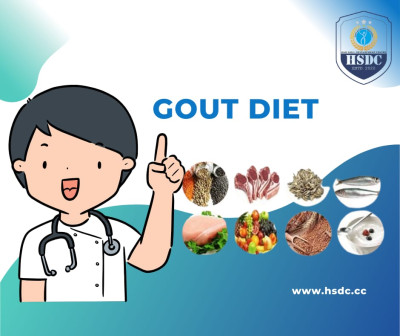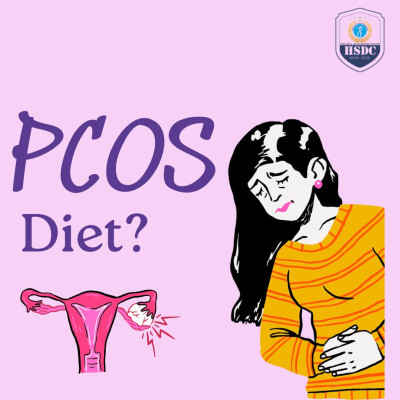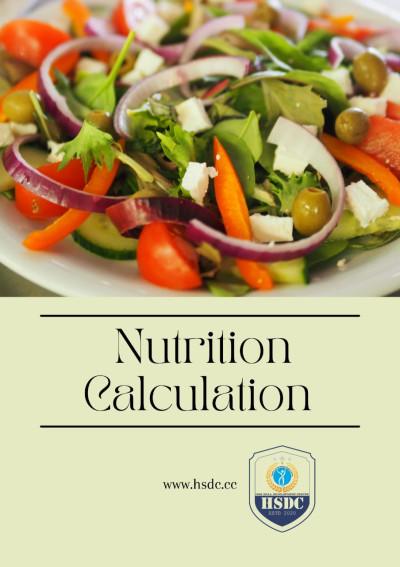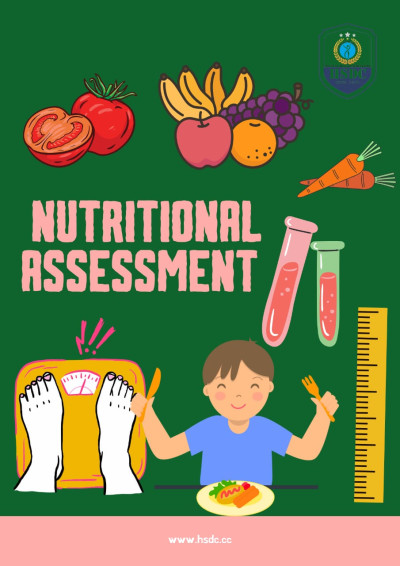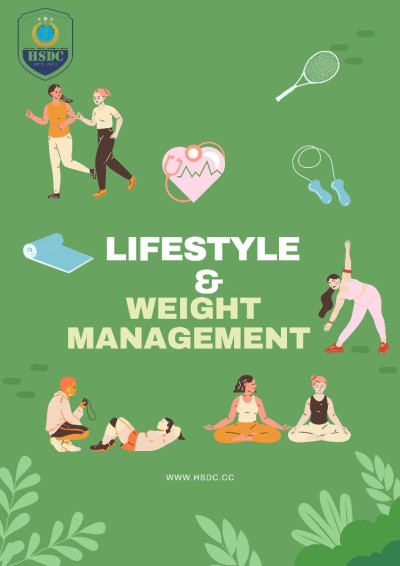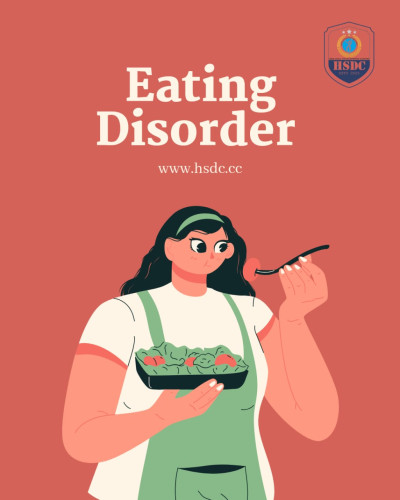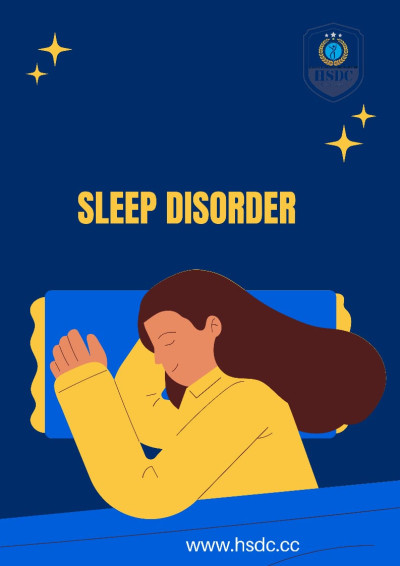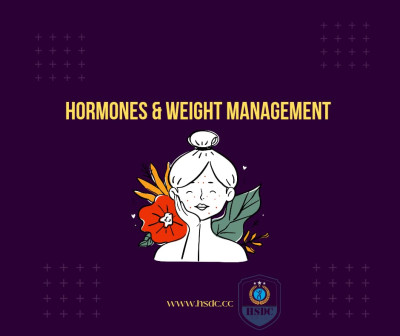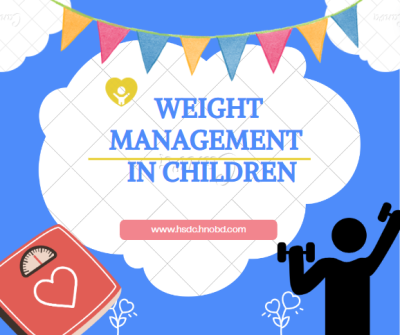Course description
etoxification diets have gained popularity as a means of purifying the body, eliminating toxins, and rejuvenating overall health and vitality. These diets are based on the premise that our bodies accumulate toxins from various sources such as processed foods, environmental pollutants, and stress, which can contribute to fatigue, digestive issues, and a range of other health concerns.
Detoxification diets typically involve a period of restricted eating, during which certain foods and beverages are eliminated from the diet while others are emphasized. Commonly eliminated foods include processed foods, sugar, caffeine, alcohol, and foods high in saturated fats and artificial additives. Instead, individuals following a detoxification diet are encouraged to consume nutrient-dense foods such as fruits, vegetables, whole grains, nuts, seeds, and lean proteins.
The focus on whole, unprocessed foods in detoxification diets provides essential vitamins, minerals, antioxidants, and fiber that support the body's natural detoxification processes. Fruits and vegetables, in particular, are rich in phytonutrients and antioxidants that help neutralize free radicals and promote liver health, which is essential for detoxification.
Many detoxification diets also incorporate practices such as increased water intake, herbal teas, and dietary supplements to support detoxification and enhance overall well-being. Drinking plenty of water helps flush toxins from the body and promotes hydration, while herbal teas may have specific detoxifying properties and provide additional hydration and antioxidants.
While detoxification diets can vary widely in their specific guidelines and duration, they typically last for a short period, ranging from a few days to several weeks. Some detoxification programs may include fasting or juice cleansing, where solid foods are temporarily replaced with fresh juices or broth to give the digestive system a rest and support detoxification.
Proponents of detoxification diets claim that they can lead to various health benefits, including increased energy levels, improved digestion, clearer skin, and weight loss. However, scientific evidence supporting these claims is limited, and some critics argue that the body's natural detoxification processes are already highly effective and that detox diets may be unnecessary or even potentially harmful if followed excessively or without proper supervision.

